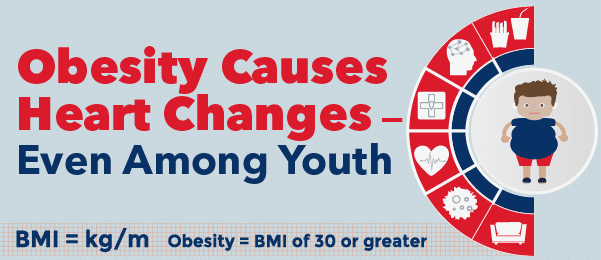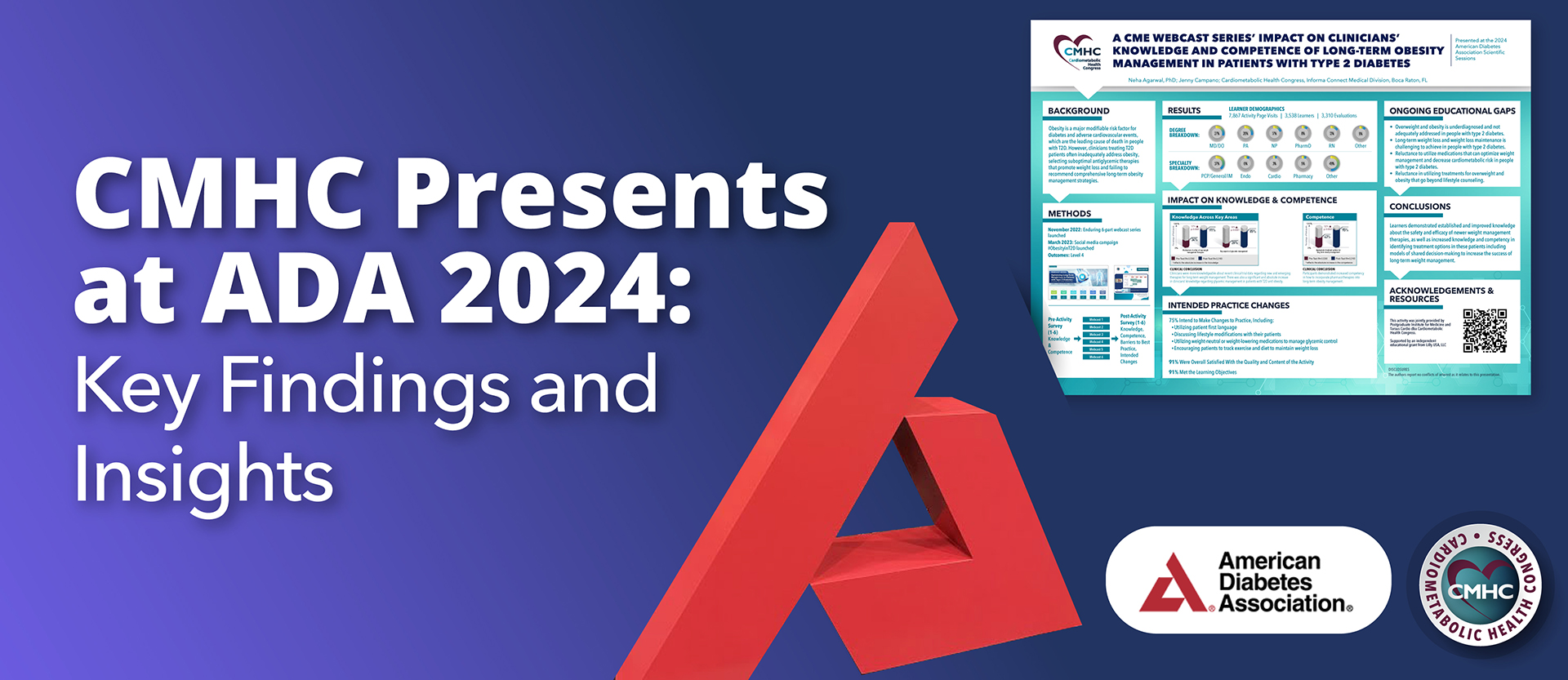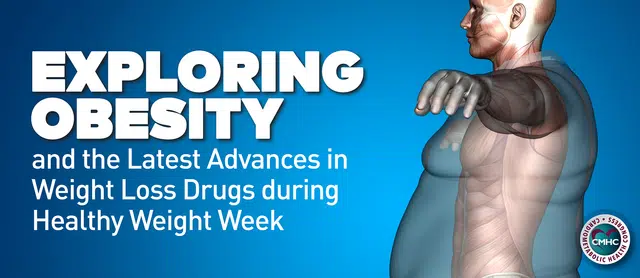A high BMI is known to cause heart disease in mid-to-late life, but new research has revealed it can worsen cardiovascular health even in those as young as 17.
Obesity can cause poor cardiovascular health, even in the young, according to a new study.
European researchers say they’ve detected the development of cardiovascular changes known to be precursors of heart disease in those aged as young as 17 as a result of high body mass index (BMI).
The research was presented at the European Society of Human Genetics 2017 conference in Copenhagen, Denmark.
Higher than normal BMI is known to lead to cardiovascular ill-health in mid-to-late life, but there has been limited investigation of its effect in young, healthy adults.
Genomic analysis of thousands of 17-to-21-year-olds involved in the UK’s Avon Longitudinal Study of Parents and Children found a high BMI caused significant burden on the heart’s left ventricle.
A thickening of the left ventricle in the heart, known as hypertrophy, means it has to work harder to pump blood and is a common marker for heart disease.
Dr Kaitlin Wade from the Medical Research Council Integrative Epidemiology Unit at the University of Bristol led the study and says the results support efforts to tackle the obesity epidemic from an early age in order to prevent cardiovascular disease.
“Our results showed that the causal impact of higher BMI on cardiac output was solely driven by the volume of blood pumped by the left ventricle,” Dr Wade said.
This, she says, can partly explain the causal effect of higher BMI on cardiac hypertrophy, a thickening of the heart muscle, and higher blood pressure that was observed among the participants.
“It is the first time that the nature of this relationship has been shown in a group of young adults where it has been possible to draw improved conclusions about its causation,” Dr Wade said.
“We believe that there are clear messages for cardiovascular health in our findings and we hope that they may lead to increased efforts to tackle obesity from early life.”


















